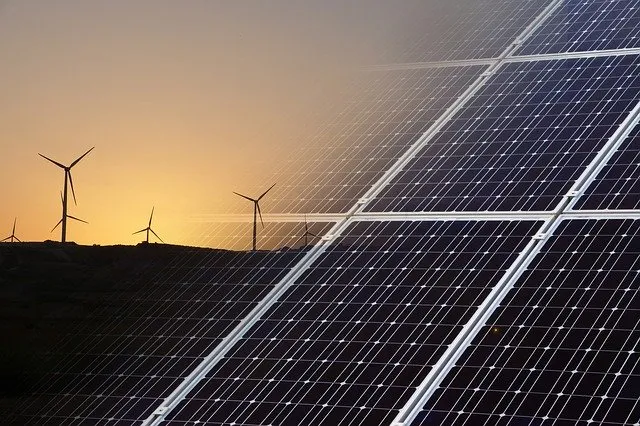A recent report by the Global Energy Monitor (GEM), titled “Race To The Top SE Asia 2024,” reveals that Southeast Asia is rapidly becoming a frontrunner in the global pursuit of clean energy. The region is poised to achieve its ambitious renewable energy goals, fueled by a significant surge in the deployment of solar and wind power.
Dr. Simon Wong, the lead author of the report, expresses astonishment at the rapid growth of renewables in Southeast Asia, noting the region’s transformation from a follower to a leader in clean energy within a few years.
Several key factors contribute to Southeast Asia’s renewable energy boom, as outlined in the report. Firstly, ASEAN countries have set ambitious renewable energy targets, with many aiming for a 50% or higher share of renewables in their energy mix by 2030. Secondly, the cost of solar and wind power has substantially decreased, enhancing their competitiveness with fossil fuels. Thirdly, there is a growing acknowledgement of the urgent need to address climate change and air pollution, significant concerns in the region.
Vietnam and the Philippines emerge as trailblazers in solar and wind power deployment. Vietnam, in particular, experiences a significant solar boom, propelled by government incentives and decreasing solar panel prices. The Philippines is also making notable strides, with the development of several large-scale wind farms.
Despite the impressive progress, the report highlights persistent challenges that need attention for Southeast Asia to fully unlock its renewable energy potential. One major hurdle is attracting investment, as renewables, despite reduced costs, demand upfront capital expenditure, posing a barrier for developing countries. Another challenge is grid integration, as managing the grid becomes more complex with the increasing share of intermittent renewable power sources.
However, the GEM report remains optimistic about Southeast Asia’s renewable energy future. Dr. Wong emphasizes that the region possesses all the necessary elements for a successful transition to renewable energy. With ongoing government support, investment, and innovation, Southeast Asia has the potential to emerge as a global leader in clean energy.

